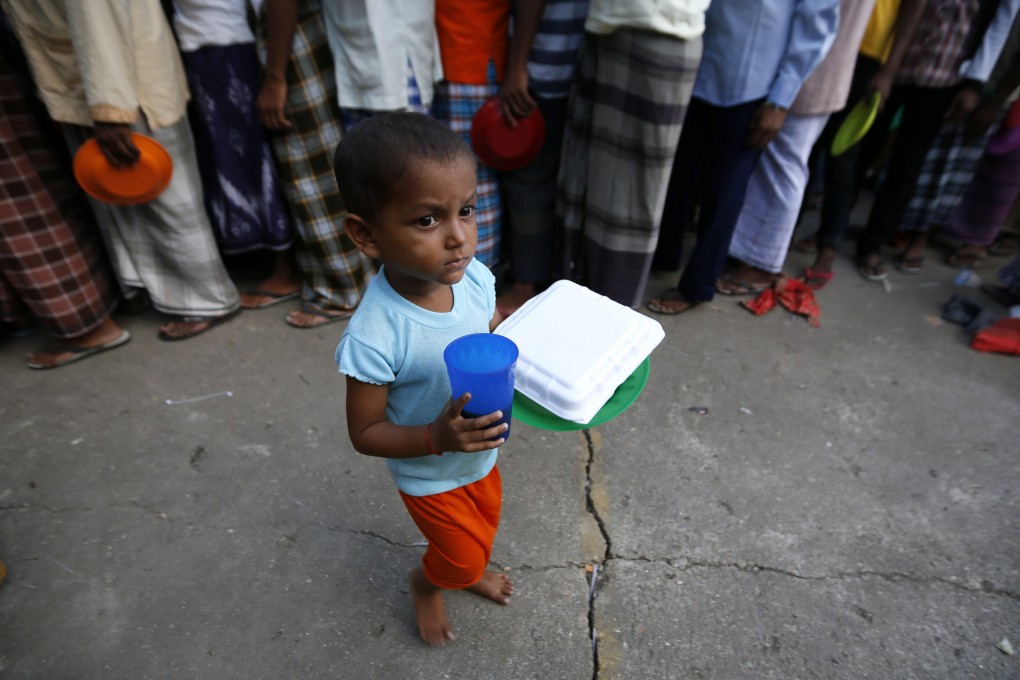Rohingya refugee crisis can be solved only if Asean musters the will to do so
Syed Munir Khasru says its principle of non-interference and weak mandate on non-economic affairs are no longer adequate to deal with the geopolitical realities today

For the boat people of Southeast Asia, each day begins with a thickening sense of uncertainty, despair and a fading glimmer of hope. Thousands have been rescued in the past month by authorities and fishermen in Thailand, Malaysia and Indonesia after being stranded in the Andaman Sea. While some are Bangladeshis migrating for better jobs abroad, the majority are Rohingya Muslims escaping persecution in Myanmar.
After last month's regional summit in Thailand in which 17 countries participated, along with the UN refugee agency and the International Organisation for Migration, the host said major progress had been made. However, the meeting failed to address the root cause of the problem; delegates refrained from uttering the word "Rohingya" to ensure Myanmar's participation, even though the Rohingya are the principal victims of the crisis.
The summit's failure to effectively address a humanitarian crisis shows the inherent weakness of the Association of Southeast Asian Nations in grappling with regional issues. Some argue that the boat people crisis is not particularly an "Asean problem", saying we shouldn't hold all of Southeast Asia accountable for Myanmar's ethnocentric policies. However, the reality is that Asean's existing structure limits its ability to put into force the collective political will to mitigate this human tragedy.
The association is universally applauded for its economic success, but its sacrosanct principle of non-interference in the internal affairs of a member country has exposed the cracks in cooperation.
Before Myanmar's reforms, Western democracies used to criticise this policy due to its acquiescence to Myanmar's military rulers. However, the censures were overshadowed by the spectacular economic gains of regional free trade arrangements. Now criticism has resurfaced alongside the migrant crisis.
When a similar migrant crisis emerged in the Mediterranean, the European Union was quick to mobilise a coherent response. Comparisons are inevitable as both are multinational bodies in important regions seeking to overcome past conflicts by promoting integration. Within a month of Italy's call for help, the European Commission had announced plans to distribute asylum seekers among member countries to ease the surge along the coasts of Italy, Greece and Malta. Even as discussions continue, so does action on the ground, in contrast with Asean.